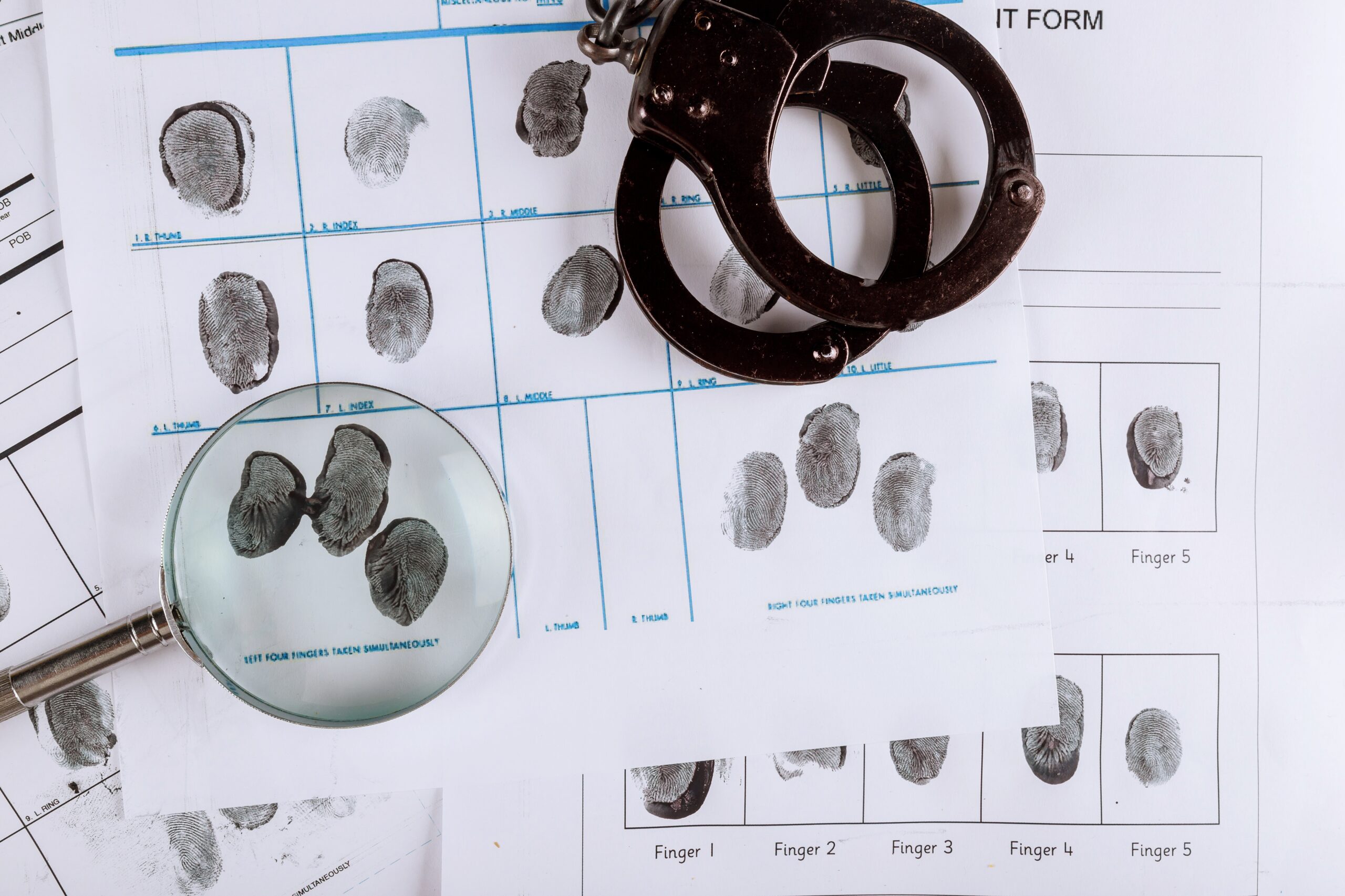Defending Against DUI Charges What You Need to Know
In this article, we’ll explore key aspects of defending against DUI charges, discuss various defense strategies, and explain how a DUI lawyer can assist you in this process.
Understanding DUI Charges
Driving under the influence (DUI) charges arise when a person is suspected of operating a vehicle while impaired by alcohol or drugs. Each state has its own specific laws and penalties, but most follow similar guidelines when it comes to blood alcohol concentration (BAC) limits and testing procedures.
Blood Alcohol Concentration (BAC)
The BAC limit for drivers over 21 in most states is 0.08%. For commercial drivers, the limit is typically lower, around 0.04%, and for drivers under 21, any detectable alcohol can lead to charges. It’s crucial to understand these limits, as they play a significant role in DUI cases.
Impact of BAC on Penalties
The level of BAC can significantly impact the severity of penalties. Higher BAC levels can lead to more severe punishments, such as longer license suspensions and higher fines. Understanding this relationship is important for building a defense strategy.
Variations by State
Each state may have different thresholds and penalties for DUI charges. Familiarizing yourself with your state’s specific laws can help in understanding potential outcomes and defenses.
BAC Testing Methods
Different methods are used to measure BAC, including breath, blood, and urine tests. Each method has its own set of protocols and potential inaccuracies, which can be critical in defense.
Testing Procedures
Law enforcement officers use various methods to determine impairment, including breath, blood, and urine tests. Breathalyzer tests are the most common, but they are not infallible. Understanding how these tests work and their limitations can be beneficial when building a defense.
Breathalyzer Test Limitations
Breathalyzers can be affected by factors such as calibration errors, environmental conditions, and the individual’s health. Knowing these limitations can be crucial in questioning the test results.
Blood and Urine Tests
While often considered more accurate, blood and urine tests also have their challenges, including potential contamination and improper handling. These factors can be explored for a defense.
Legal Rights During Testing
Understanding your legal rights during testing can impact the admissibility of the results. Knowing when you can refuse a test and the consequences of refusal is essential.

DUI Defense Strategies
When it comes to defending against DUI charges, there are several potential strategies that a lawyer might employ. Each case is unique, so it’s important to discuss these options with a qualified DUI lawyer.
Challenging the Traffic Stop
One of the first steps in a DUI case is to examine the legality of the traffic stop. Police must have reasonable suspicion to pull you over. If the stop was not justified, any evidence obtained may be inadmissible in court.
Establishing Reasonable Suspicion
Understanding what constitutes reasonable suspicion can help in challenging the validity of the stop. This involves analyzing the officer’s observations and actions leading to the stop.
Gathering Evidence
Collecting evidence that contradicts the officer’s account can be vital. Dashcam footage, witness statements, and even inconsistencies in the officer’s report can support your defense.
Precedent Cases
Reviewing past cases where traffic stops were deemed unjustified can provide insight and support for your defense strategy.
Questioning the Accuracy of Field Sobriety Tests
Field sobriety tests are often used to establish probable cause for a DUI arrest. However, these tests can be inaccurate due to a variety of factors such as uneven surfaces, poor lighting, or the individual’s physical condition. Challenging the results of these tests can be a viable defense strategy.
Environmental Factors
The conditions under which sobriety tests are conducted can influence their accuracy. Poor lighting, weather conditions, and uneven surfaces can all lead to incorrect assessments.
Personal Factors
Individual health conditions, such as injuries or medical disorders, can affect performance on field sobriety tests. Highlighting these factors can weaken the prosecution’s case.
Officer Training and Conduct
The training and conduct of the officer administering the test can also be questioned. Improper administration or lack of proper training can render test results unreliable.
Contesting the Breathalyzer Results
Breathalyzer tests are not foolproof. Faulty equipment, improper calibration, or human error can lead to inaccurate BAC readings. A skilled DUI lawyer can investigate these factors and potentially challenge the validity of the test results.
Equipment Malfunctions
Breathalyzers require regular maintenance and calibration. Any lapse in this process can lead to inaccurate readings, which can be challenged in court.
Operator Error
The person administering the test must follow strict procedures. Any deviation from these procedures can result in faulty readings, providing grounds for a challenge.
Alternative Explanations
There are various substances and conditions that can lead to false positives in breathalyzer tests. Identifying these can form a basis for defense.
Exploring Medical Conditions or Other Factors
Certain medical conditions or substances can affect BAC readings or mimic signs of impairment. Conditions like acid reflux, diabetes, or certain medications can impact test results. Bringing these factors to light can be a crucial part of your defense.
Impact of Medical Conditions
Medical conditions such as acid reflux, diabetes, or even certain diets can affect BAC readings. Understanding these impacts is vital for crafting a defense.
Prescription Medications
Some prescription medications can cause impairment or interact with alcohol to affect test results. Identifying these interactions can be a key defense strategy.
Non-Alcoholic Explanations
There are non-alcoholic substances that can produce false positives in tests. Educating the court on these possibilities can help in challenging the evidence.
The Role of a DUI Lawyer
Hiring an experienced DUI lawyer is one of the most important steps you can take when facing DUI charges. A qualified attorney can provide valuable guidance, protect your rights, and develop a tailored defense strategy for your case.
Legal Expertise and Representation
DUI laws are complex and vary by state. A knowledgeable lawyer will have a deep understanding of these laws and can navigate the legal system on your behalf. They will represent you in court, negotiate with prosecutors, and work to achieve the best possible outcome for your case.
Understanding State-Specific Laws
A DUI lawyer’s knowledge of state-specific laws is crucial in building a defense. They can use this expertise to challenge charges effectively.
Courtroom Representation
Having a lawyer represent you in court can significantly impact the outcome. They understand courtroom procedures and can present your case compellingly.
Prosecutor Negotiations
Lawyers can negotiate with prosecutors to potentially reduce charges or penalties. Their experience in these negotiations can be invaluable.
Investigation and Evidence Gathering
An experienced DUI lawyer will thoroughly investigate the circumstances of your arrest, examine police reports, and gather evidence to support your defense. This may include obtaining video footage, interviewing witnesses, and consulting with experts to challenge the prosecution’s case.
Analyzing Police Reports
A lawyer will scrutinize police reports for inconsistencies or errors that could weaken the prosecution’s case. They can identify areas where the officer may have overstepped or misreported details.
Gathering Witness Testimonies
Witnesses can provide alternative accounts of the events leading to your arrest. A lawyer will identify and interview potential witnesses to support your defense.
Consulting Experts
Experts in fields such as toxicology or law enforcement procedures can provide testimony that challenges the validity of the evidence against you. A lawyer will engage these experts as needed.
Negotiation and Plea Bargaining
In some cases, it may be possible to negotiate a plea deal with the prosecution. A DUI lawyer can help determine whether this is a viable option and work to negotiate reduced charges or penalties.
Evaluating Plea Options
A lawyer will assess whether a plea deal is in your best interest. They will weigh the pros and cons and advise you accordingly.
Crafting a Plea Strategy
If a plea deal is pursued, a lawyer will develop a strategy to negotiate the most favorable terms. This includes leveraging weaknesses in the prosecution’s case.
Understanding Long-Term Implications
A lawyer will explain the long-term implications of accepting a plea deal, including potential impacts on your record and future opportunities.

What to Do If You’re Charged with a DUI
If you find yourself facing DUI charges, there are several steps you should take to protect yourself and your rights:
- Stay Calm and Compliant: Cooperate with law enforcement, but remember that you have the right to remain silent and to request legal representation.
- Know Your Rights: Understanding your rights during an arrest can prevent self-incrimination. It’s crucial to know when to speak and when to stay silent.
- Comply Without Admitting Guilt: Cooperation with law enforcement is important, but this doesn’t mean you have to admit guilt or provide incriminating evidence.
- Request Legal Assistance Early: As soon as possible, ask for a lawyer. Early legal intervention can help protect your rights from the start.
- Document Everything: Take detailed notes about the events leading up to, during, and after your arrest. This information can be valuable for your defense.
- Record Details Immediately: As soon as you can, write down everything you remember about the arrest. This includes times, locations, and conversations.
- Collect Physical Evidence: Preserve any physical evidence that might be relevant to your case, such as receipts or photographs.
- Identify Witnesses: Make note of any witnesses who might have seen the events unfold. Their testimony could be crucial.
- Consult with a DUI Lawyer: Seek legal advice as soon as possible. An experienced attorney can help you understand your options and build a strong defense.
- Choose the Right Lawyer: Look for a lawyer who specializes in DUI cases and has a track record of success.
- Prepare for Your Consultation: Gather all relevant information and documents before meeting with your lawyer to make the most of your consultation.
- Understand Your Options: A lawyer will explain the potential outcomes of your case and the strategies available to you.
- Attend All Court Dates: Failing to appear in court can result in additional charges and penalties. Make sure to attend all scheduled hearings.
- Mark Your Calendar: Keep track of all court dates and set reminders to ensure you don’t miss any appearances.
- Prepare for Each Hearing: Work with your lawyer to prepare for each court appearance, understanding what will be addressed and what is expected of you.
- Avoid Additional Charges: Missing a court date can lead to additional charges, so it’s important to prioritize attendance.
Conclusion
Defending against DUI charges requires a clear understanding of the legal process and a strategic approach to your defense. By challenging the evidence, questioning the procedures, and enlisting the help of a skilled DUI lawyer, you can improve your chances of a favorable outcome. Remember, the right legal support can make all the difference in defending your rights and future.
The Importance of Proactive Defense
Being proactive in your defense can significantly affect the outcome of your case. Taking early action and being informed can make a substantial difference.
Leveraging Legal Resources
Utilizing all available legal resources, including expert witnesses and evidence analysis, can strengthen your defense strategy.
Long-Term Considerations
Understanding the long-term implications of a DUI charge, such as impacts on your driving record and insurance, is important. A comprehensive defense strategy should address these potential outcomes.
Contact The Win Law Firm
If you or someone you know is facing DUI charges, don’t navigate this complex legal landscape alone. Contact The Win Law Firm today for a consultation. Our experienced DUI lawyers are here to provide the guidance and support you need to protect your rights and achieve the best possible outcome for your case. Reach out now to schedule your appointment and take the first step towards a strong defense.
